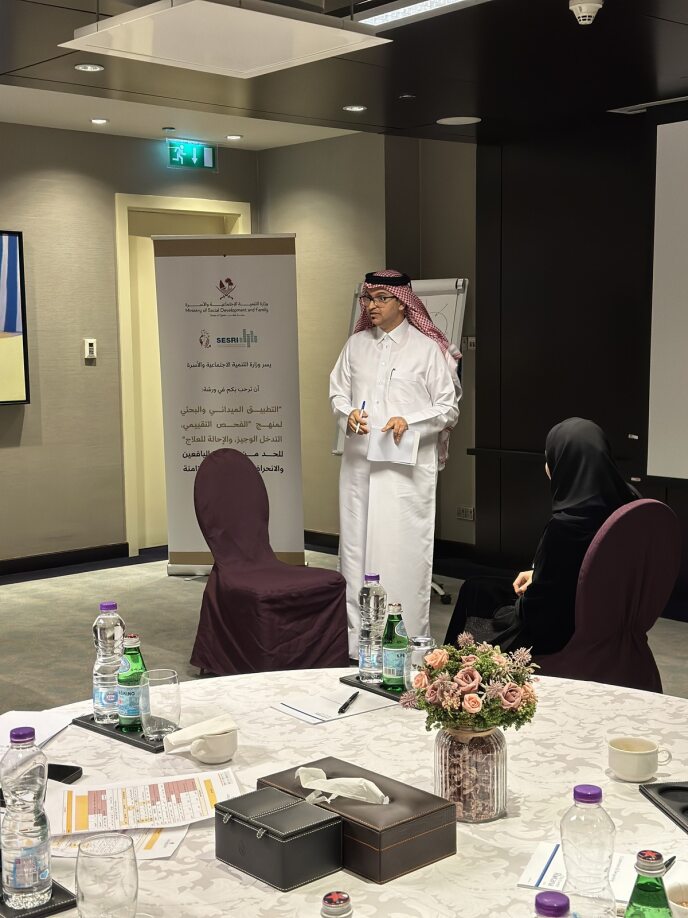
“Social Development” organizes a workshop on the dangers of addiction and behavioral deviations
The Ministry of Social Development and Family, represented by the Department of Social Protection, organized a training workshop entitled Field and Research Application of the Approach of Evaluative Examination, Brief Intervention, and Referral to Treatment. This workshop reduces Adolescent Addiction and concurrent behavioral deviations (January 29 to 31.)
The workshop was presented by Dr. Khaled Ahmed Abdel Jabbar, Social Protection Consultant at the Ministry, as part of the Advanced Haven Strategic Project in partnership with the Institute of Social and Economic Survey Research - Qatar University. The therapeutic and rehabilitation centers are under the Qatar Foundation for Social Work, including doctors, nurses, psychologists, and social workers working in schools.
This workshop aims to implement systematic, continuous, accredited, and scalable training to detect adolescent addiction and concurrent behavioral deviations, provide methods of brief intervention and referral, and add an innovative element to the efforts made to reduce the dangers of drugs and associated behaviors through education and fill the gap in preventive and exploratory practice for high-risk cases for the adolescent group in state institutions, including educational ones.
This workshop helps adolescents who may be prevented by some reasons from disclosing their involvement in addiction. It also implements practices proven by evidence to reduce and prevent problems and behavioral deviations.
The workshop included three main topics: comprehensive evaluation examination mechanisms by following regular interview skills in the event of suspicion of addiction-like behaviors, brief intervention methods that focus on awareness of the dangers of drugs, and reasons for referral to a specialized treatment center to obtain a more comprehensive treatment plan.
Dr. Abdel Jabbar said that through the comprehensive examination mechanism, regular interviews followed in the event of suspicion of addiction or concurrent behavioral deviations. Thus, the interview is more comprehensive and based on evaluative examination tools scientifically proven with evidence and evidence, and the appropriate level of treatment is determined later.
Through brief intervention methods, the doctor said that the focus is on increasing insight and awareness regarding drug abuse and simultaneous behaviors and the drive toward change. As for the reasons for calling specialized treatment centers for these cases, those cases need more comprehensive treatment.
This workshop is a qualitative initiative to reduce addiction and concurrent behavioral deviations. Through it, the audience can learn about scientific and practical skills, and the practice is subject to follow-up and other measurement. This combination ensures that the trainees obtain knowledge with practical experience to benefit from this system with the beneficiaries.
During the workshop, the trainees were divided into multidisciplinary teams from the authorities concerned with the children and adolescent’s category, such that three to four team members were nominated in different specializations as psychologist, social worker, or nurse, as the diversity and integration of mental and behavioral health services is vital.
Mr. Nasser Al-Shahrani, Head of the Social Protection Department at the Ministry, said that the administration seeks to raise community awareness of the concept of social protection and to provide social protection services and integrated care through protection programs for delinquent children, those at risk of delinquency, released prisoners, in addition to taking the necessary measures for social integration in coordination with the authorities. Governmental and non-governmental organizations provide an appropriate social environment and climate according to a methodology based on studies and research related to social protection.
More News
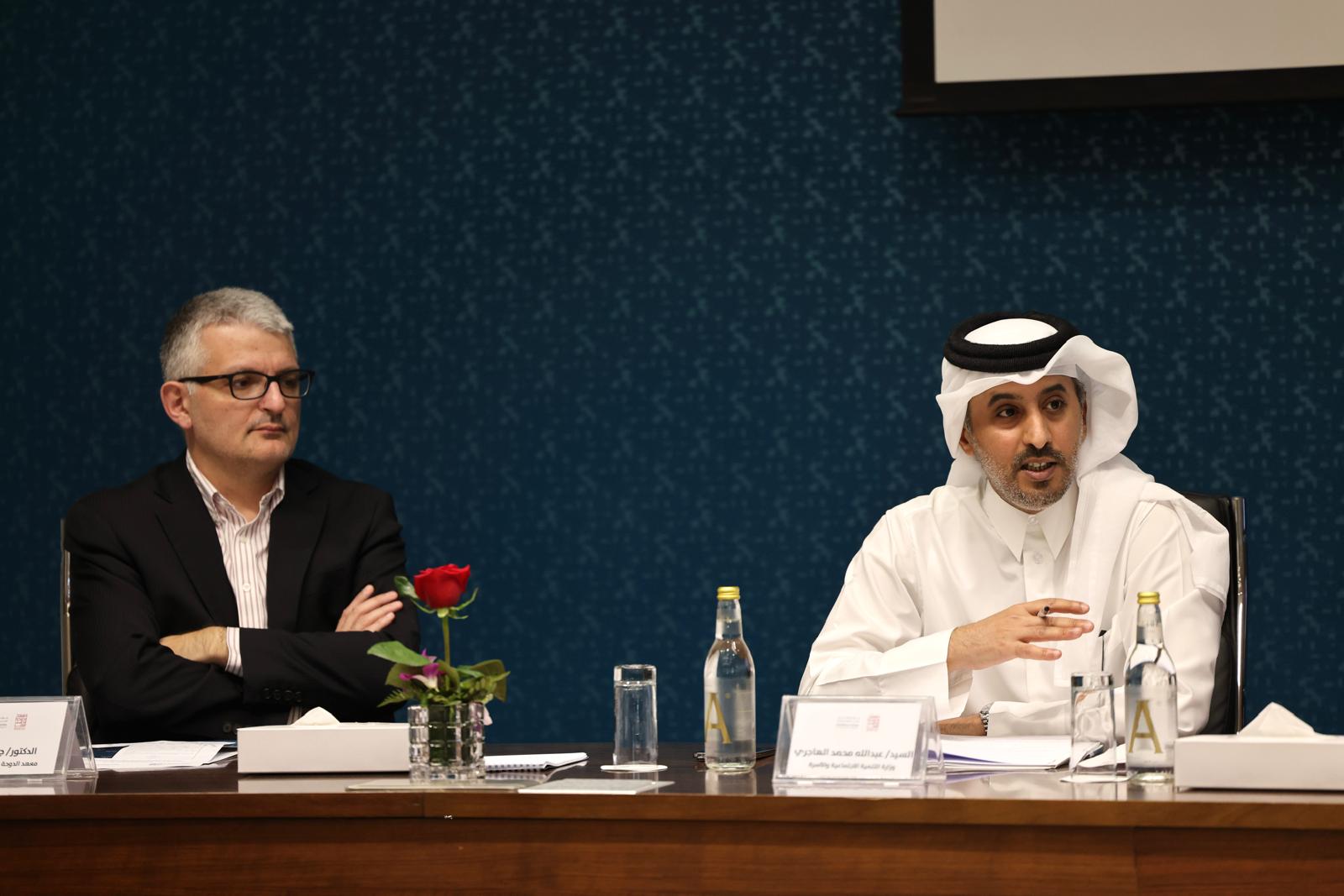
The Ministry of Social Development and Family—represented by the Private Associations and Institutions Department—in collaboration with the Excellence Center for Training and Consulting at the Doha Institute for Graduate Studies, organized a specialized panel discussion titled "Private Associations and Institutions in Qatar: Reality and Aspirations in Light of Qatar National Vision 2030."
Read more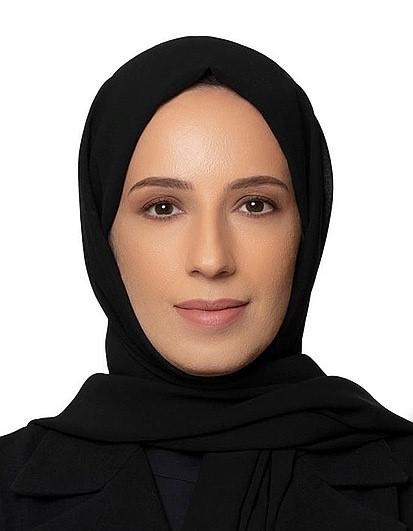
HE Minister of Social Development and Family, Buthaina bint Ali Al Jabr Al Nuaimi, participated in the 45th session of the Arab women committee, chaired by the State of Qatar, held on Feb. 10–11, 2026, which was held virtually, with the participation of Their Excellencies ministers from Arab countries, as well as representatives of the General Secretariat of the League of Arab States and relevant organizations.
Read more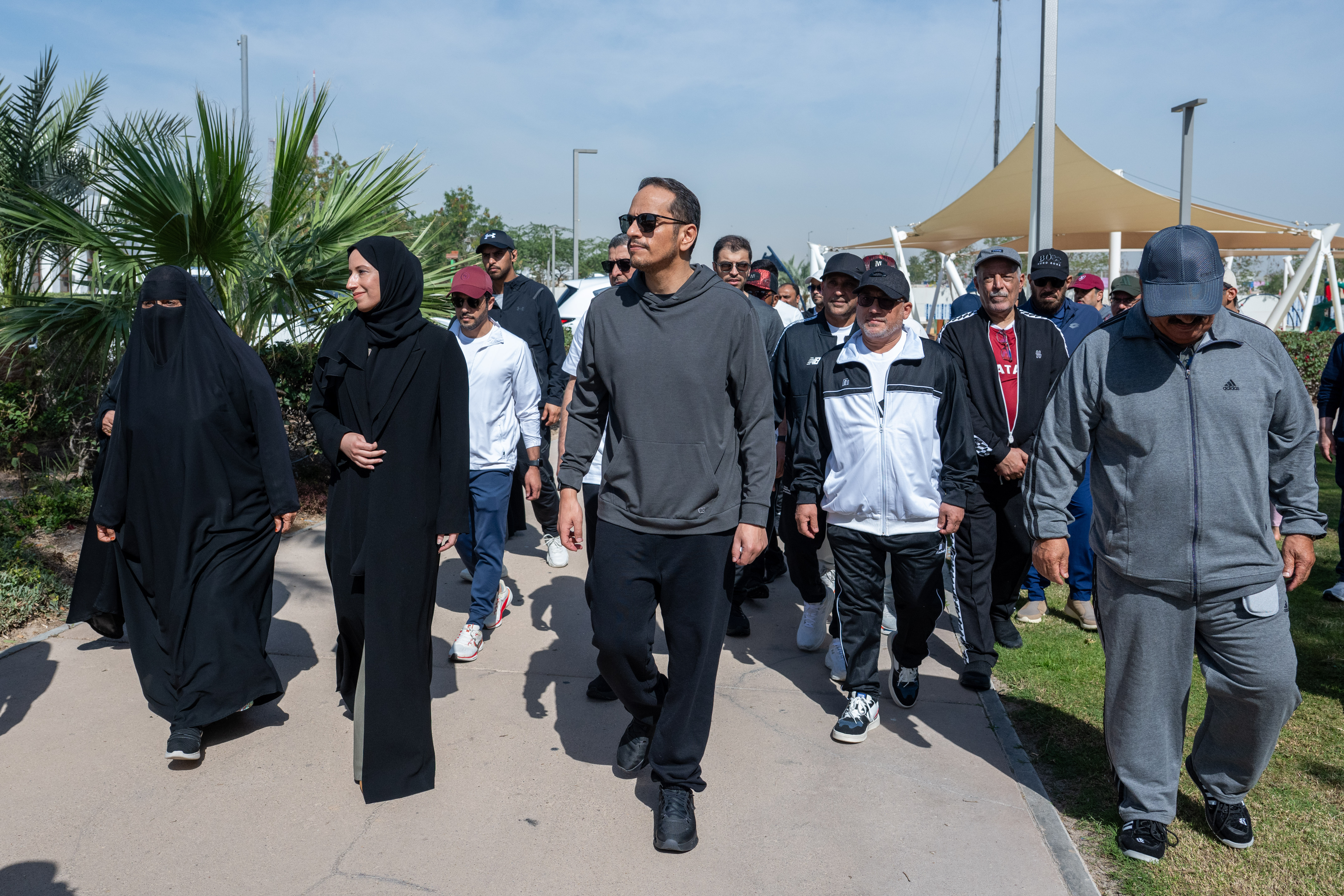
His Excellency Sheikh Mohammed bin Abdulrahman bin Jassim Al Thani, Prime Minister and Minister of Foreign Affairs, attended the 2026 National Sport Day activities organized by the Ministry of Social Development and Family (MSDF), the Qatar Foundation for Social Work (QFSW), and its affiliated centers at Al Bidda Park.
Read more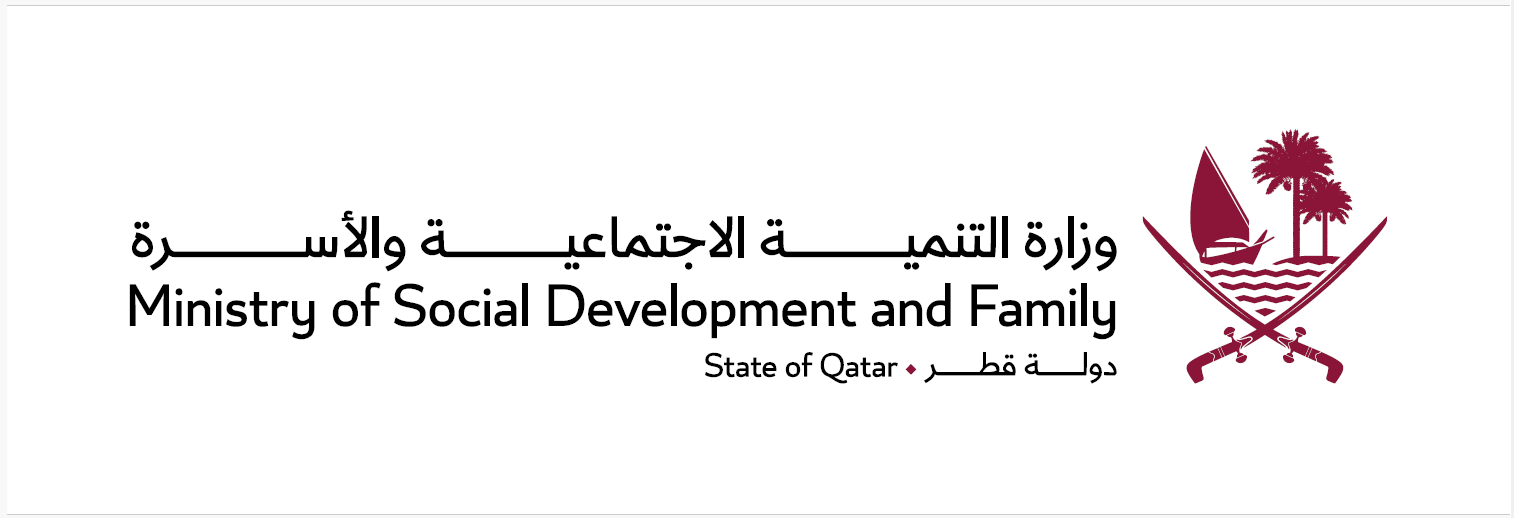
The Ministry of Social Development and Family, represented by the Family Protection Section of the Social Protection Department, is set to launch the "Gharsa Program" in collaboration with the Department of Da'wah and Religious Guidance at the Ministry of Endowments and Islamic Affairs. The inaugural event will take place on Sunday, February 8, 2026, at the Women’s Activity Building of the Department of Da'wah, from 4:00 PM to 6:00 PM.
Read more